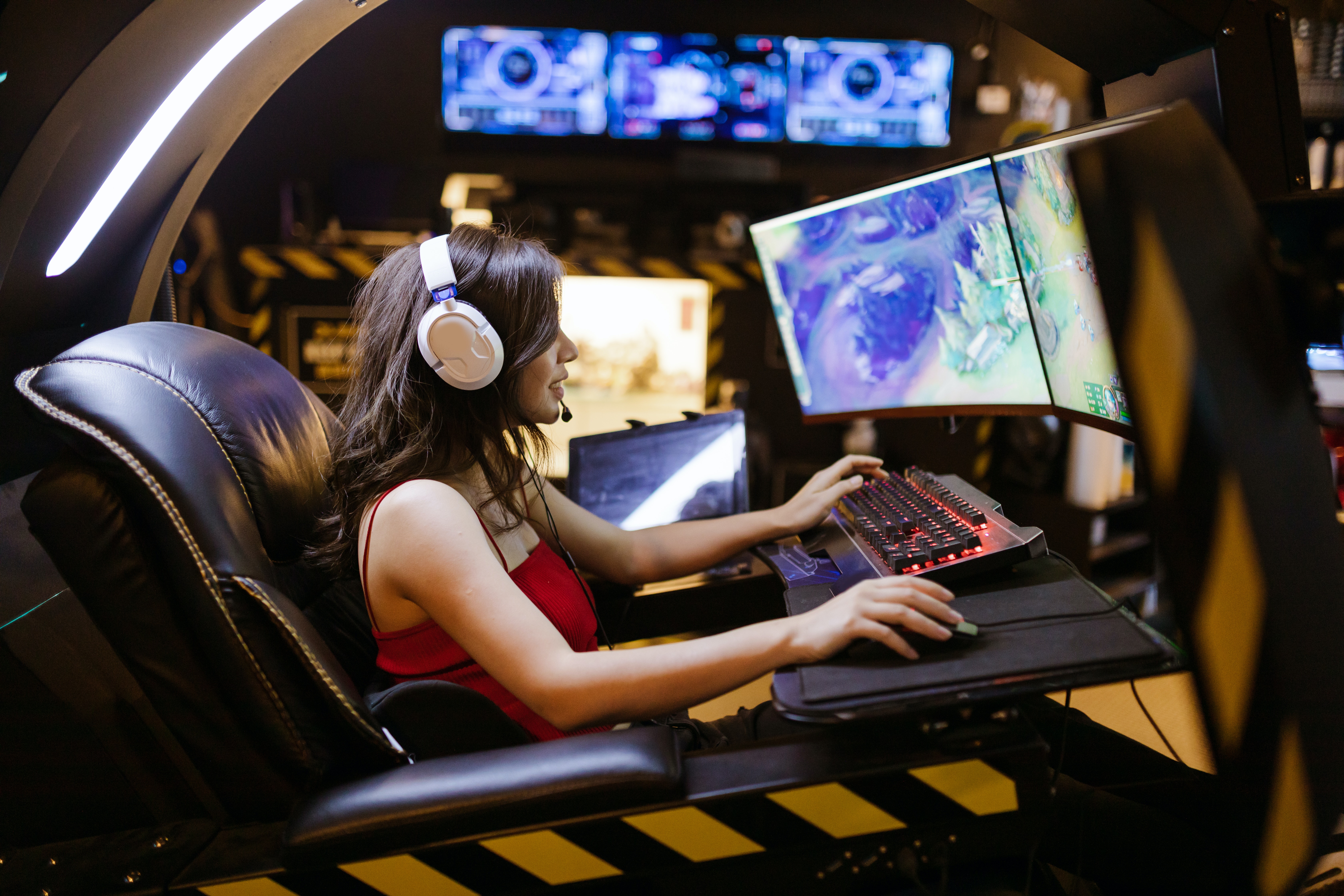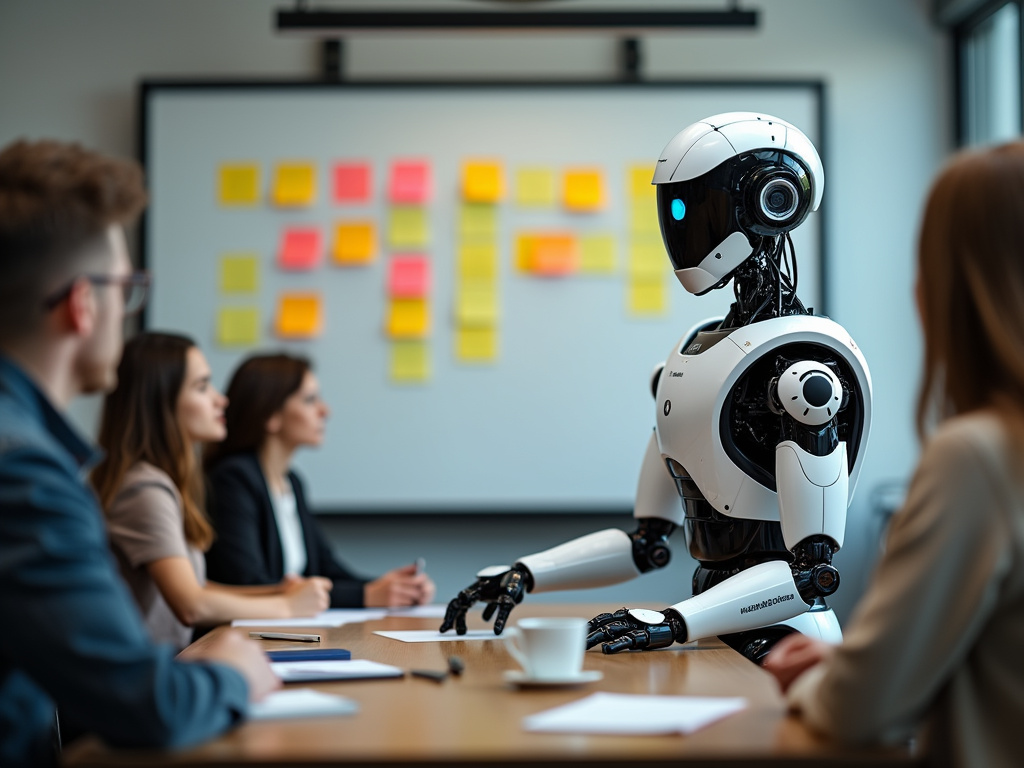
Introduction
In recent years, the field of artificial intelligence (AI) has witnessed remarkable advancements, with generative AI emerging as a game-changer. This technology enables machines to create or generate content, such as music, art, or even entire texts, without explicit human programming. Generative AI has opened up a world of possibilities for various industries, from creative arts to healthcare and beyond. In this article, we will delve into the intricacies of generative AI, exploring its benefits, applications, challenges, and ethical considerations.
Overview of Generative AI Technology
Generative AI refers to a branch of AI that focuses on creating new and original content by harnessing deep learning techniques. It uses complex algorithms to analyze a vast amount of existing data and generate output that closely resembles human-generated content. By learning patterns and styles from the data, generative AI models can produce high-quality content autonomously.
Definition of Generative AI
Generative AI involves the creation of content that has never been seen before. It is the capacity of machines to come up with original ideas, designs, or outputs that imitate human creativity. This technology encompasses various methods, including Generative Adversarial Networks (GANs) and Variational Autoencoders (VAEs), which enable AI systems to learn from and adapt to their environment.
How Companies Can Benefit from Generative AI
Generative AI offers numerous advantages for companies across multiple industries. It can assist in product design, content creation, and even aid in developing personalized customer experiences. By leveraging generative AI, companies can enhance their creative processes, streamline operations, and gain a competitive edge by providing innovative solutions.
Applications of Generative AI in Different Industries
Generative AI has found applications in various sectors. In the creative arts, it has the potential to inspire and augment human creativity, leading to new forms of music, paintings, or literature. In healthcare, generative AI can assist in drug discovery and medical diagnostics. In finance, it helps in predicting markets and optimizing investment strategies. The possibilities are nearly endless, and each industry can leverage this technology in unique ways.
Challenges and Limitations of Generative AI
While generative AI brings immense potential, it also poses challenges. The technology is still in its early stages, facing issues such as limited dataset availability, bias, and the inability to understand context fully. Additionally, the ethical implications surrounding the use of generative AI must be carefully considered, including copyright concerns, privacy issues, and potential misuse.
Ethical Considerations in Using Generative AI
The responsible use of generative AI requires addressing ethical considerations. Companies must ensure that the generated content is not plagiarized or infringing upon others' rights. It is crucial to establish guidelines and regulations to protect individuals and their creative works while promoting fair use and innovation.
The Role of Leaders in Implementing Generative AI
Leaders play a vital role in implementing generative AI technologies within their organizations. They need to foster a culture that embraces innovation, invest in training and development, and establish clear guidelines for responsible and ethical use of generative AI. Leaders must also be aware of the impact generative AI may have on job roles and prepare their teams for the changing landscape.
The Impact of Generative AI on Job Roles
Generative AI has the potential to transform job roles across various industries. While some jobs may be automated, new opportunities for creative collaboration and augmentation of human capabilities will arise. It is essential to reevaluate job functions, offer reskilling programs, and encourage employees to adapt to the evolving technological landscape.
Future of Generative AI and Its Potential
The future of generative AI is promising. As the technology matures and overcomes existing limitations, it will unlock new possibilities in creative fields, problem-solving, and content generation. With responsible development and an ethical focus, generative AI has the potential to revolutionize industries, empower human creativity, and drive innovation forward.
